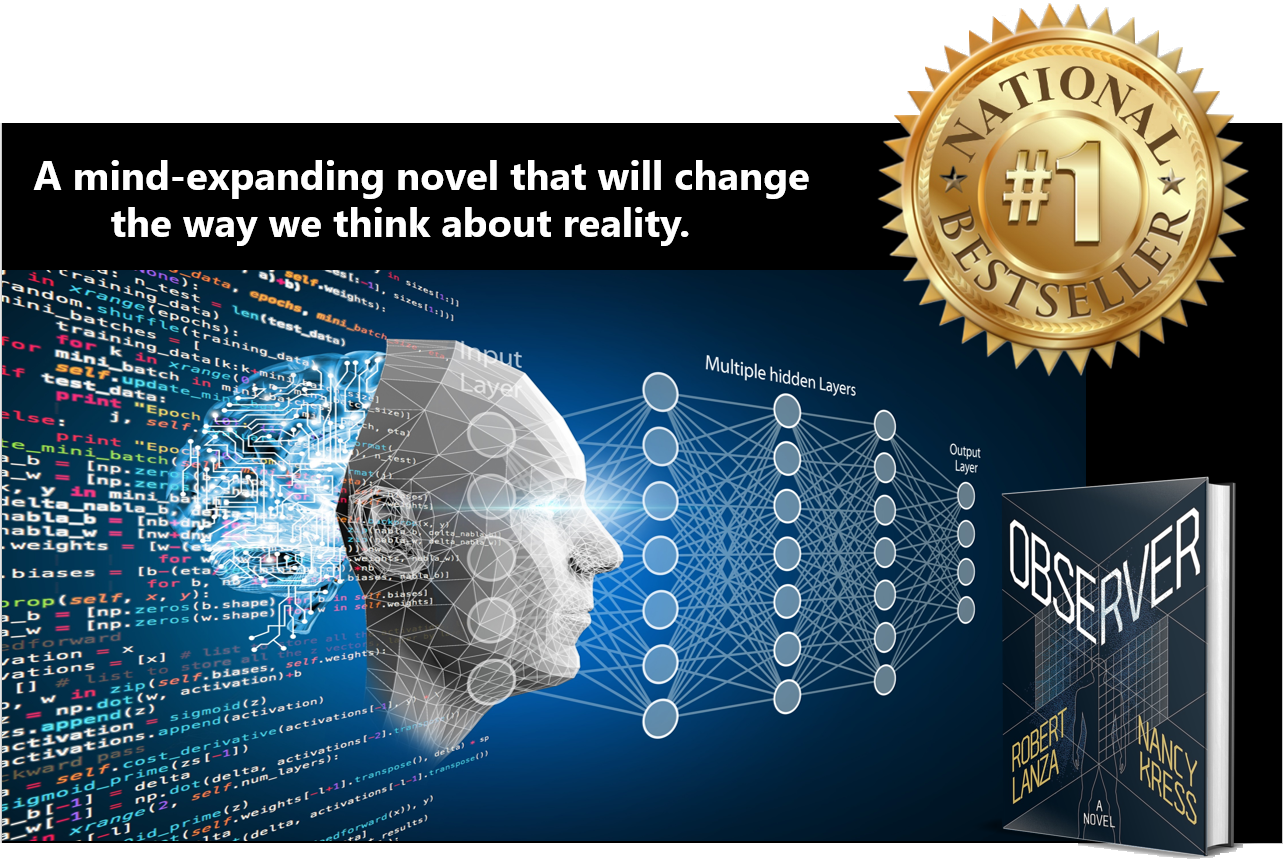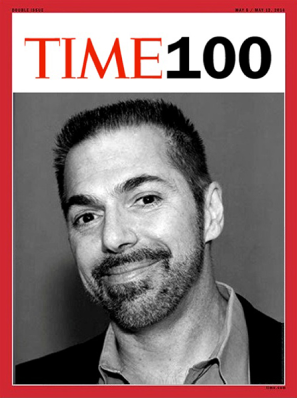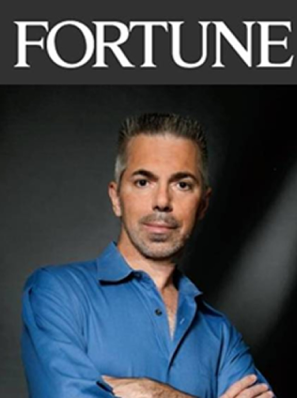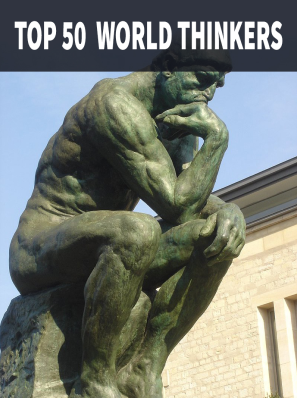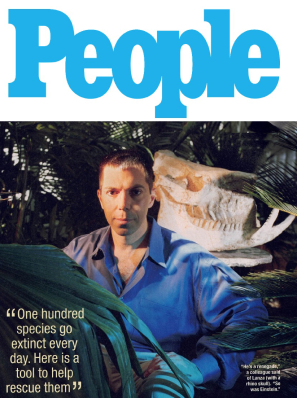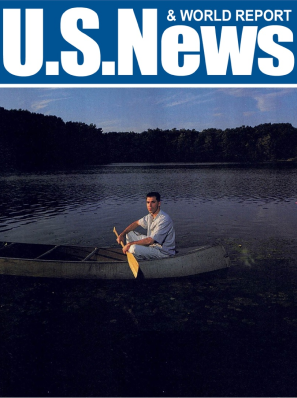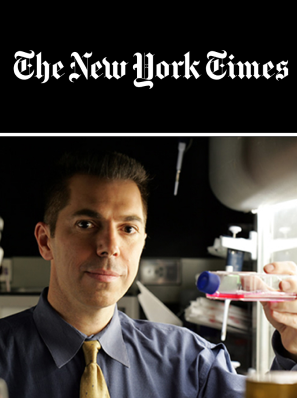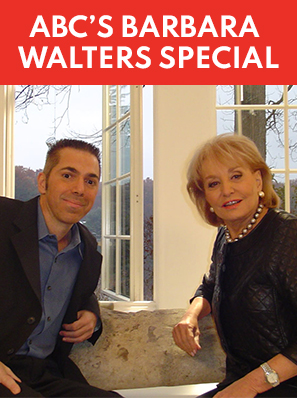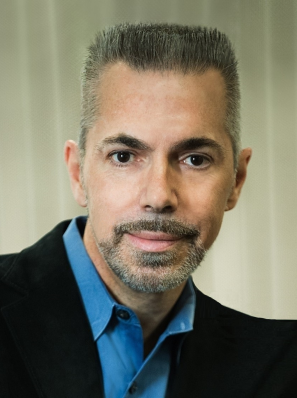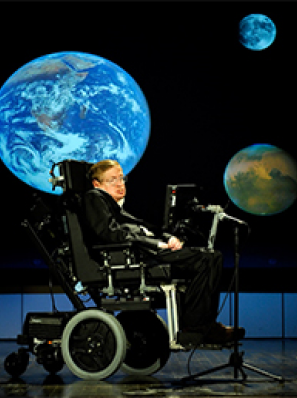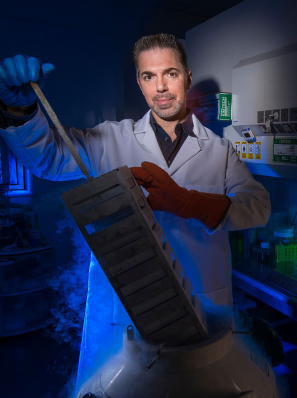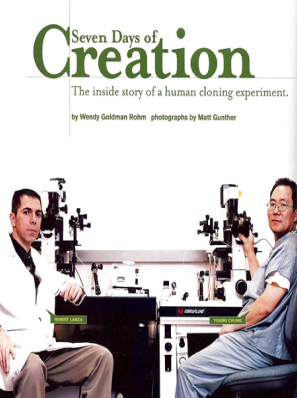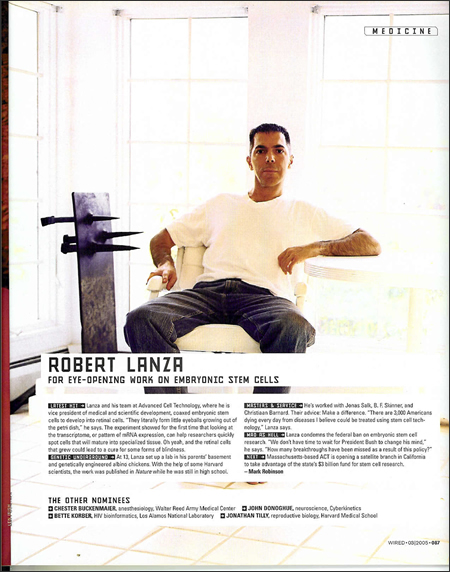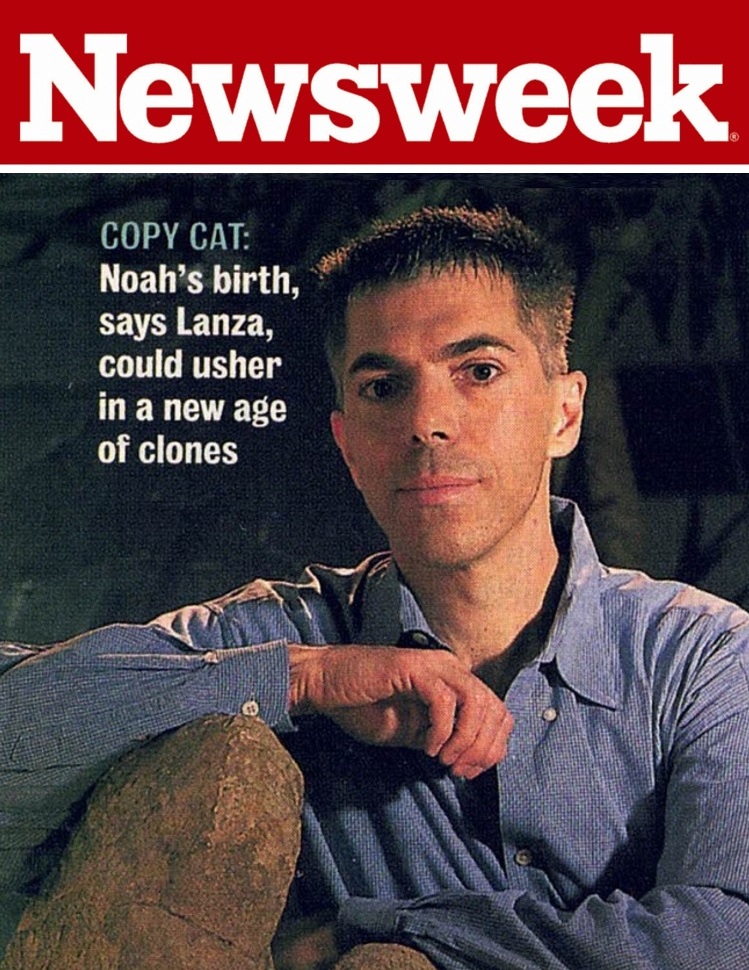Why are we here? Where did it all come from―the laws of nature, the stars, the universe? Humans have been asking these questions forever, but science hasn’t succeeded in providing many answers—until now.
In Observer, scientist Robert Lanza, one of Time Magazine’s “100 Most Influential People,” is joined by Nancy Kress, 8-time Hugo and Nebula award-winning science fiction writer, to shed light on the big picture that has long eluded philosophers and scientists alike. What if life isn’t just a part of the universe… what if it determines the very structure of the universe itself? This new, groundbreaking novel provides an explanation of how the universe works, and an exploration of the science behind the astounding fact that time, space, and reality itself, all ultimately depend upon us. Publishers Weekly and Kirkus Reviews both gave Observer prestigious “starred reviews,” the later calling it “Mind-bending… A novel full of life-affirming ideas that’s likely to make readers rethink concepts of time and space. A thought-provoking fictional examination of big ideas.”
For thousands of years we’ve looked to the sky and gods for answers. We landed on the moon, and even flung a piece of metal outside the solar system. But despite the development of super-proton-antiproton-synchrotrons, and now, superconducting-supercolliders that contain enough niobium-titanium wire to circle the earth sixteen times, we have no more of an understanding of why we exist than the first thinkers of civilized consciousness. Where did it all come from? Why are we here?
The answer lies deeper. It involves our very selves
We’re like Dorothy in “The Wizard of Oz,” who went on a long journey in search of the Wizard to get back home, only to find the answer was inside her all along. The farther we peer into space, the more we realize that the secret of life and existence can’t be found by inspecting spiral galaxies or watching distant supernovas. It lies deeper. It involves our very selves.
“We are too content with our sense organs,” Loren Eiseley once said. “It’s no longer enough to see as a man sees — even to the ends of the universe.” Our radiotelescopes and supercolliders merely extend the perceptions of our mind. We see the finished work only. In this world, only an act of observation can confer shape and form to reality — to a dandelion in a meadow, or a seed pod, or the sun or wind or rain. Anyway, it’s impressive, and your cat or dog can do it, too.
Alan Boyle, former NBC News & MSNBC Science Editor, called Observer “Fantastical” adding “Recently, special relativity and quantum mechanics have provided solid grounding for the idea that the act of observation has an effect on external phenomena.”
“Robert Lanza has taken the gigantic step of incorporating his ideas into a science fiction novel” said Rhonda Byrne, #1 New York Times bestselling author. “This brilliant book will take you deep into quantum physics, where these often-complex concepts are illuminated through a riveting and moving story… It was when I was doing research for my latest book, The Greatest Secret, that I came across Lanza’s astounding book, Biocentrism. Here was the science that backed up everything I knew to be true on a spiritual level. Observer breaks down the materialistic model of ourselves and the world that we’ve come to believe as reality. It is the leading-edge scientists such as Dr. Robert Lanza who will help take humanity out of the dark ages and into a new world.”
The authors show that if life and consciousness are really central to everything else, then countless puzzling anomalies in science enjoy immediate clarification. It’s not just bizarre laboratory results like the famous “double slit experiment” that make no sense unless the observer’s presence is intimately intertwined with the results. On an everyday level, hundreds of physical constants are “set in stone” at precisely the values that allow life to exist. This could merely be an astounding coincidence. But the simplest explanation is that the laws and conditions of the universe allow for the observer because the observer generates them. Duh!
Since Lanza’s first nonfiction books on this topic were released, new research has emerged that makes the case for biocentrism stronger than ever, allowing the authors of Observer to explain formerly fuzzy aspects of how our biocentric universe actually works.
We’re not measuring the world, we’re creating it
The questions Observer answers are those every one of us has asked, basic questions about life and death, about how the world works and why we exist.
Like most of us, Dr. Caroline Soames-Watkins also believed that the world around her existed as a hard, cold reality ticking away like a clock. Death was a foregone conclusion—until she learned different. Caro, the protagonist of Observer, thought she had the world figured out. Not her personal world, which has been upended by controversy, but how the physical world works and how her consciousness operates within it. Broke and without a job, she accepts a job offer from her great-uncle, a Nobel Prize-winning scientist who runs a research facility studying the space between biology and consciousness—between the self and what we assume is reality. They are on the verge of a humanity-altering discovery, which throws Caro into danger—love, loss, and death—that she could never have imagined possible.
Observer takes Caro on a mind-expanding journey to the very edge of science, challenging her to think about life and the power of the imagination in startling new ways. The ideas behind Observer are based on real science, starting with the famous two-slit experiments, in which the presence of an observer affects the path taken by a sub-atomic particle, and moves step-by-step into cutting-edge science about quantum entanglement, on-going experiments applying quantum-level physics to the macro-world, the multiverse, and the nature of time and consciousness itself.
The book recounts astounding scientific discoveries that all lead inexorably to the bizarre but reality-shaking conclusion that the basic structure of the cosmos—things like space and time and the way matter holds together—requires observers. It visits quantum theory and the discovery of the strange quantum behavior that challenged the idea that an external world exists independent of the perceiving subject. It dives into what Niels Bohr, the great Nobel physicist, meant when he said “we’re not measuring the world; we’re creating it.”
Observer recognizes life as an adventure that transcends our commonsense understanding, and explains why we are here now despite the overwhelming odds against it—and why death has no true reality. It shows that life has a non-linear dimensionality, like a perennial flower that always blooms.
Einstein was right. After the death of an old friend, he wrote “Now Besso has departed from this strange world a little ahead of me. That means nothing. People like us, who believe in physics, know that the distinction between past, present and future is only a stubbornly persistent illusion.”
There is no time, no reality, and no existence of any kind without an observer
Throughout Observer, the reader will find countless commonsense assumptions turned on their heads. For instance: “the histories of the universe,” said the late theoretical physicist Stephen Hawking, “depend on what is being measured, contrary to the usual idea that the universe has an objective observer-independent history.” While in classical physics the past is assumed to exist as an unalterable series of events, quantum physics plays by a different set of rules in which, as Hawking said, “the past, like the future, is indefinite and exists as a spectrum of possibilities.”
But Observer is not merely an arrow targeted at these shocking revelations. Nor even at the flabbergasting scientific evidence that there is simply no time, no reality, and no existence of any kind without an observer. Instead, it’s an odyssey engineered to inspire as it reveals the workings of the cosmos and our place in it.
You can expect fireworks at the end, as the old paradigm is decisively replaced by the new. But watching this amazing story unfold is a journey that is its own reward, with surprises at every turn.
Kim Stanley Robinson, New York Times bestselling author, said Observer is “The cutting edge of science tipping into something new and marvelous … a startling, fascinating novel.”
Robin Cook, #1 New York Times bestselling author of Coma (and 37 other international bestsellers), said “Real science and limitless imagination combine in a thrilling story you won’t soon forget,”
A worldview that at last makes sense
By the time Caro finishes her journey in Observer, her views of the universe have shifted. Hints of the biocentric nature of the universe have been made by some of the greatest scientists in modern physics, including Heisenberg, Planck, Schrodinger, and Bohr—the founders of quantum mechanics—among many others. As Caro, a realistic and pragmatic woman, moves through her adventures in friendship, love, and danger, she experiences first-hand the truth that those eminent physicists already knew.
Adapted from Observer by Robert Lanza and Nancy Kress (The Story Plant).
Lanza’s new novel “OBSERVER” lays out these ideas to a broader audience, and through storytelling brings to life the science behind the astounding fact that time, space, and reality itself, all ultimately depend upon us, the observer.
“Mind-bending… A novel full of life-affirming ideas”—Kirkus Reviews (Starred Review)
“A brilliant Crichtonesque thriller”—Publishers Weekly (Starred Review)
In OBSERVER, scientist Robert Lanza, one of Time Magazine’s “100 Most Influential People,” is joined by 8-time Nebula and Hugo Award-winning author Nancy Kress to confront the mysteries in the space between biology and consciousness, between the self and what we assume is reality. OBSERVER takes you on a mind-expanding journey to the very edges of science. It will thrill you, inspire you, and lead you to think about life and the power of the imagination in startling new ways.
“The cutting edge of science tipping into something new and marvelous … a startling, fascinating novel”―Kim Stanley Robinson, New York Times Bestselling author
“Robert Lanza has taken the gigantic step of incorporating his ideas into a science fiction novel with Nancy Kress. Brilliant … a riveting and moving story”―Rhonda Byrne, #1 New York Times Bestselling author
“A thrilling story you won’t soon forget”―Robin Cook, #1 New York Times Bestselling author
“OBSERVER is the best of science and fiction—an intellectual adventure with real heart”―Daryl Gregory, award-winning author.




